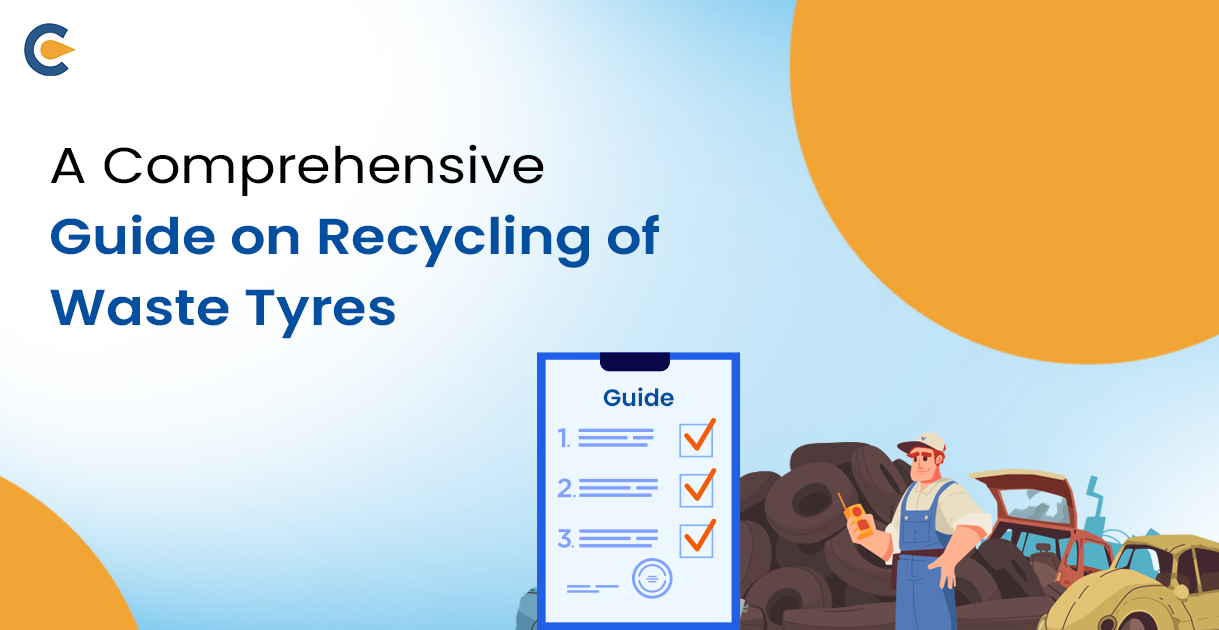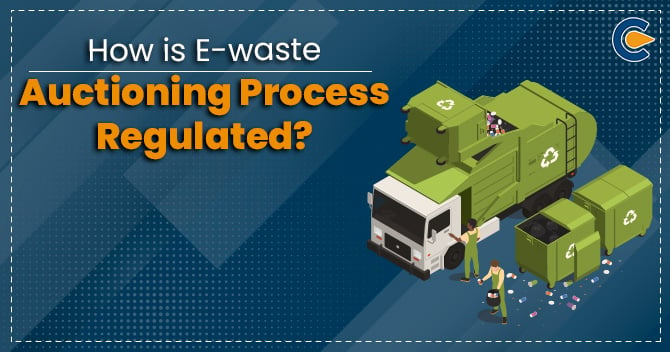In India, there is great demand for PET in the packaging sector. It’s because PET is rigid, eco-friendly, and recyclable by nature. The PET demand in the food sector has been escalating rapidly after the Covid-19 outbreak. Further, PET is steadily emerging as a viable alternative to aluminium and glass packaging in the pharma sector, thanks to its bacterial-free characteristics. It’s a good idea to set up a PET Bottle manufacturing plant in India in the status quo as far as its growth potential is concerned. This article focuses on the legal aspects of this business venture.
Target Consumers for PET Bottle Manufacturing Business
Following is the list of targets consumers for the PET Bottle Manufacturing Business:
- Agrochemical industry
- Wellness and pharmaceutical industry
- Homecare industry
- Edible oils industry
- Packaged/ water industry
- Personal care industry
- Liquor industry
Raw material Required for Making PET Bottle Making Business Operational
The following are the raw materials required for making this business operational:
- PET granule
- PET polymers
- PET bottle flake
Machines required to commence the production of PET bottles
Following is the list of machines required to commence the production of PET bottles:
- Injection moulding machine
- Compressor
- Blow moulding machine
- Cooling tower
- Lather 8 ft. Refurnished
- Chiller unit
- Pillar drill 26 inches with pump.
- Lathe 5 ft.
- Facer.
- Shaper.
Licenses required to set up PET Bottle manufacturing facility
Followings the mandatory licenses required to set up a PET Bottle manufacturing plant in India:
Business registration
The first step toward establishing a production facility is choosing the apt business structure. Depending on the scope of operation and investment potential, imminent entrepreneurs can opt for the following business structure:
- Proprietorship Business ( suitable for small businesses)
- Partnership firm (suitable for businesses having multiple partners)
- LLP, i.e. Limited Liability Partnership ( suitable for two or more business partners seeking to strike the right balance between risk allocation and profitability)
- Private limited company (suitable for businesses seeking an organized hierarchy headed by one or more directors).
- Public limited company (suitable for a large organization)
Note: Partnership business structure falls under the Partnership Act of 1932[1]. Whereas LLP falls under the LLP Act, 2013. Likewise, business forms like Private and Public Limited Companies come under the Companies Act, of 2013. The licensing process for each business structure is different and requires distinct paperwork. Therefore, get in touch with an expert to avert any kind of complication.
GST Registration
GST Registration applies to businesses whose yearly income is more than Rs 40 lakhs. However, this threshold comes halfway down i.e. Rs 20 lakhs for businesses in J&K. It is also mandatory for businesses that are involved in the inter-state supply of goods. Common documents required to apply for GST registration include DSC, business certificate, Trade license, factory license, utility bills, bank statement, etc.
NOC from the State Pollution Control Board
PET bottle manufacturing unit poses several environmental-related risks because of their pollution-prone nature. That is why it is mandatory for a business owner to apply for NOC from SPCB. It’s worth noting that SPCB grants approval in two phases. The authority accords the CTE, i.e. Consent to Establish in the first phase followed by CTO i.e. Consent to Operate in the second phase. Take note that the second consent serves as the final approval, which should be renewed periodically.
Factory License
Factory license falls under the Factory Act of 1948, which mandates every production facility (with more than 20 employees on board) to get registered within a month of the commencement of the operation. Failing to do so can attract severe penalties for a business owner. The labour department of the respective state grants the factory license against the prescribed application and fees.
Fire NOC
Fire NOC is a legal permit accorded by the State Fire Department after the extensive on-site vetting of the premises. The Fire Department officials vet the premises for the Building’s fire assistance and the machinery installed. The premises must have apt measures in place as per the Fire department’s norms to ensure uncompromised workers’ safety. Multistory buildings with an overall height of 15 m or more or High-rise buildings are mandated to be registered under this license. Common details to be provided by the applicant for securing Fire NOC include the following:
- Name and address of the Building
- Name and address of the facility owner
- Plot area
- Covered area and numbers of floor
- Building Height
- Approved setback areas
- Numbers and area of the basement
- Detail of the surrounding property
- Fire fighting arrangements such as the number of the fire extinguisher, hose pipe supply, nozzle dimension, emergency escape route, etc.
- Business certificate
Udyog Aadhar registration
This is the additional License for PET bottle manufacturing units. Although Udyog Aadhar Registration (formerly known as MSME registration) is not mandatory, it ensures several benefits for small-scale facilities. MSME-registered firms are eligible to partake in government tenders and can apply for collateral-free loans under the government scheme. Make sure to secure this registration if you fall short on capital.
Trademark License
This is also the additional License for PET bottle manufacturing units. A trademark license ensures legal protection for the tangible assets of the company, such as brand name or tagline. It’s important for a growing company to secure these assets against any kind of misuse. Overlooking such a requirement can cause significant damage to the company in terms of money and goodwill.
Conclusion
PET bottle manufacturing has limitless growth potential. It has an enlarged customer base nationwide, which keeps expanding every passing day. Owing to its rampant applicability, this industry is more likely to witness significant growth in the coming years. The advent of improved technology has led to the start of design innovation in the PET bottle manufacturing business. Undeniably, the cost of setting up this venture is on the higher side, but it can be easily offset by long-term growth and consistent profitability.
Read Our Article:PET Bottle Manufacturing Plant: Establishment Legalities











